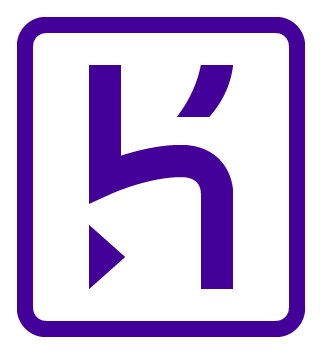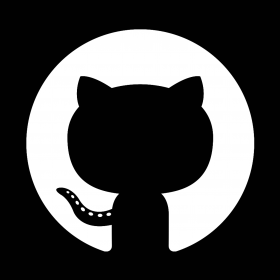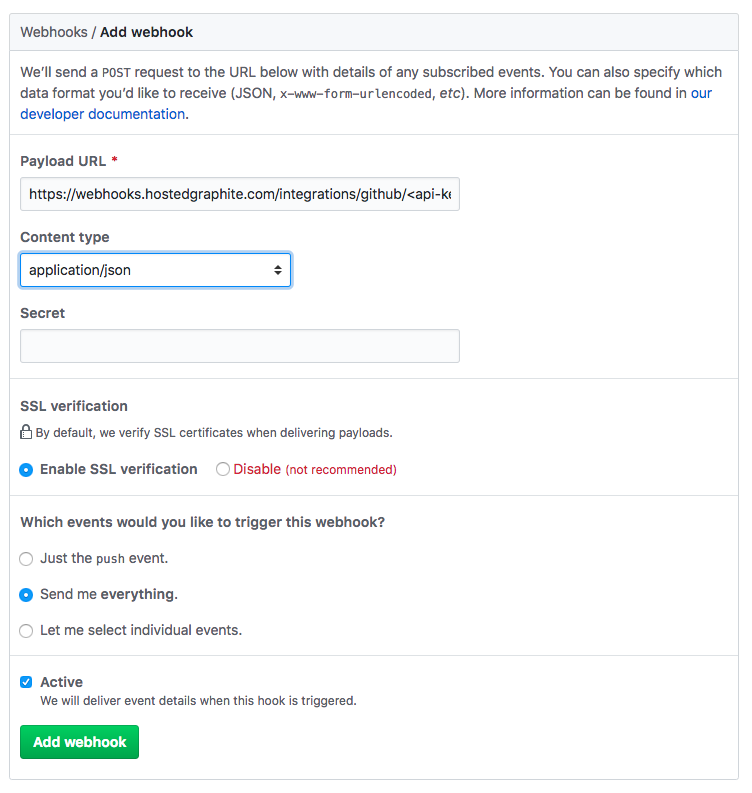 +
+

To integrate Heroku and GitHub with your monitoring system, please reach out to MetricFire. Book a demo with the MetricFire team to discuss integrating Heroku and GitHub and how that can support your monitoring system.
MetricFire manages a Heroku Add-On that forwards your Log-Drain output to a Hosted Graphite backend. All you need to do is provision the Add-On from within your Heroku UI, or from within your Heroku CLI with a similar command:
heroku addons:add hostedgraphite -a <app-name>
You can now navigate to your new account by clicking on the Hosted Graphite add-on link in the Heroku UI, and wait for the metrics to appear. You can use the Heroku dyno/router metrics to build custom dashboards and alerts. See the Hosted Graphite Heroku docs for more details and configuration options.
MetricFire also has automatically generated dashboards specifically designed for Heroku apps. Once you have provisioned the hostedgraphite Add-On with Heroku, you will be able to see your automatically generated dashboards displaying data from your Heroku app(s):
Additionally, you can create a Heroku app webhook in your Hosted Graphite account, and configure in your Heroku account to send annotations around your Heroku events, like when you provision Add-Ons or make a new deployment. Just navigate to Add-Ons => Heroku i your HG account and copy the webhook:
Now you can just copy this webhook and paste it into your Heroku account (More => View Webhooks => Create Webhook):
MetricFire makes it easy to collect data from your repositories, and visualize GitHub events in the form of dashboard annotations. To enable our webhook integration, copy the webhook from Add-Ons => GitHub in your Hosted Graphite account:
Then add the webhook to your GitHub repo, in the ‘settings’ section => ‘webhooks’

Additionally, there is also a Telegraf Input plugin for GitHub. This plugin will send a variety of metrics to your Hosted Graphite account for increased visibility into your repositories. See our handy blog article with detailed configuration instructions HERE, and the official GH repository HERE.
MetricFire is a full-scale platform that provides infrastructure, system, and application monitoring using a suite of open-source tools. We will aggregate and store your data as time series metrics, which can be used to build custom dashboards and alerts. MetricFire takes away the burden of self-hosting your own monitoring solution, allowing you more time and freedom to work on your most important tasks.
MetricFire offers a complete ecosystem of end-to-end infrastructure monitoring, comprised of open-source Graphite and Grafana. MetricFire handles the aggregation, storage, and backups of your data, and offers alerting, team features, and API's for easy management of your monitoring environment. You can send server metrics using one of our agents, custom metrics from within your application code, and integration metrics from a variety of popular 3rd party services that we integrate with like Heroku, AWS, Azure, GCP, and many more!
Our Hosted Graphite product has improved upon standard Graphite to add data dimensionality, optimized storage, and offers additional tools and features that provide customers with a robust and well-rounded monitoring solution.
Monitoring ZFS across your business's server infrastructure is crucial for ensuring data integrity, optimizing... Continue Reading